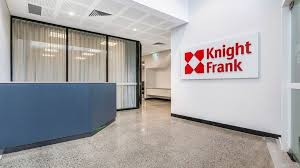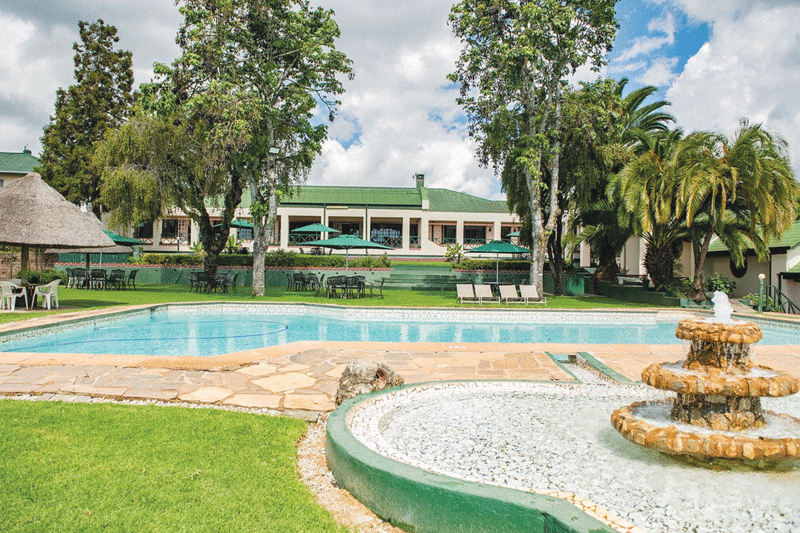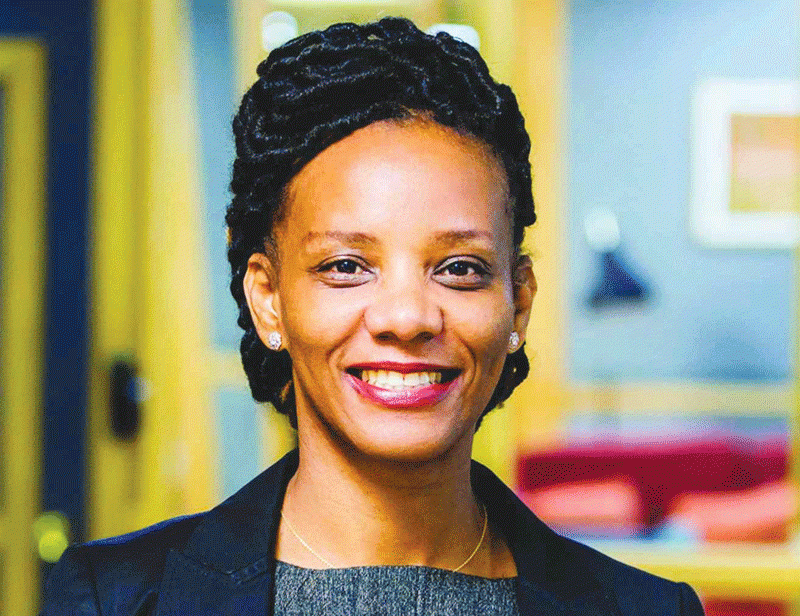
PROPERTY developers are converting central business district (CBD) office spaces into compact retail units to serve Zimbabwe's growing informal sector.
This shift responds to the significant departure of formal businesses from urban centres.
Knight Frank reported in March that businesses were leaving Harare and Bulawayo's CBDs in large numbers due to aging infrastructure, escalating rental costs, soaring utility expenses, and prohibitive parking fees.
Their data showed CBD vacancy rates had risen to 60% in Harare and 40% in Bulawayo by December 2024.
The report indicated that relocating businesses primarily chose high-traffic suburban locations for their more affordable rents, modern infrastructure, and free parking facilities.
However, new findings from major property firms First Mutual Properties (FMP) and Mashonaland Holdings Limited reveal developers are now adapting to this trend by transforming vacant CBD offices into small-scale retail spaces.
“Zimbabwe’s property market is transforming. Businesses are moving from traditional central business district (CBD) offices and retail spaces to suburban hubs,” FMP said in its trading update for the quarter ended March 31, 2025.
“The infrastructure upgrades and shifting business preferences have primarily been responsible for this shift.
- Stanbic voted best African bank
- Business opinion: Building brand loyalty
- Business opinion: Building brand loyalty
- Environmentalist hails BCC new parking system
Keep Reading
“Major arterial routes are now focal points for commercial activity, with rising demand for converted residential-office spaces and mixed-use developments in high-growth areas such as Borrowdale, Mount Pleasant, and Vainona.”
It said recent projects such as the Greenwood Park Mixed-Use Precinct and new warehouse clusters in Msasa and Graniteside reflected this trend.
“Property owners and investors are converting vacant offices to residential or boutique retail to align with urban renewal initiatives. The CBD’s reinvention could unlock new value in the coming years,” the company noted.
FMP’s investment properties were valued at US$132,94 million as of March.
Mashonaland also noted similar changes during the period under review.
“The property sector continues to witness differing growth patterns. The occupier market continues to be dominated by strong demand in the residential and retail market segments. Demand for retail is spurred by the growing informal sector in the economy,” Mashonaland said in its trading update for the quarter ended March 31, 2025.
“Property owners have responded to this by converting some CBD spaces into miniaturised shopping units to appeal to the informal sector. Demand for residential accommodation is spurred by the housing backlog and a limited supply of new housing stock over the years.”
Mashonaland said property developers had responded to the shift in the occupier market, with more investors now attracted towards retail and residential development projects that offered a return on investment in the short to medium term.
“Overall, the real estate sector remains a prime destination for investors seeking capital preservation and manageable risk,” Mashonaland said.
“Key investment opportunities include low-medium cost housing developments, mixed-use projects, and infrastructure investments that foster economic expansion and urban transformation.”
Mashonaland’s investment properties were valued at US$91,91 million at the end of March.











